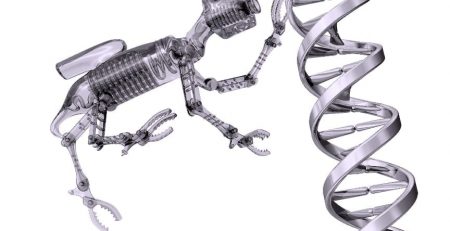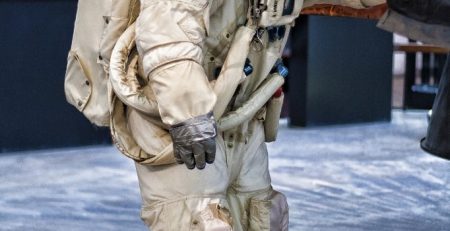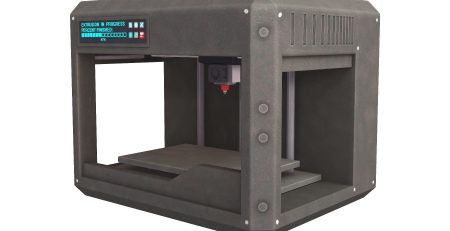Wearable Technology Developed to Combat Dehydration and Muscle Fatigue
Engineers at UC Berkeley have developed a small, flexible, wearable sensor system that is capable of measuring the metabolites and electrolytes in the sweat of the user, calibrating that data based upon skin temperature, and sending that data to a smartphone. According to researchers, this is “the first fully integrated electronic system that can provide continuous, non-invasive monitoring of multiple biochemicals in sweat,” a story from the university reported.
This device is capable of alerting users to health problems such as fatigue, dehydration and dangerously high body temperatures in real time.
“When studying the effects of exercise on human physiology, we typically take blood samples,” said exercise physiologist George Brooks, a UC Berkeley professor of integrative biology and co-author of the study. “With this non-invasive technology, someday it may be possible to know what’s going on physiologically without needle sticks or attaching little, disposable cups on you.”
The prototype developed by the research team led by professor of electrical engineering and computer sciences Ali Javey consists of five sensors on a flexible circuit board. They measure glucose, lactate, sodium, potassium, and skin temperature. They tested the technology by recruiting 26 volunteers (4 females and 22 males between the ages of 20 and 40) in three workout cycles involving either indoor cycling or outdoor running. “As volunteers worked out, the team could see how well the sensors measured skin temperature and calibrated readings to send to the app,” Medical Daily reported.
Brooks also notes that this device has the potential to monitor more than just athletes. These sensors could also be used to monitor the health of astronauts, the chronically ill, or any othe population that needs to be constantly monitored in real in.
Click here to view a video explanation provided by Professors Ali Javey and George Brooks.














